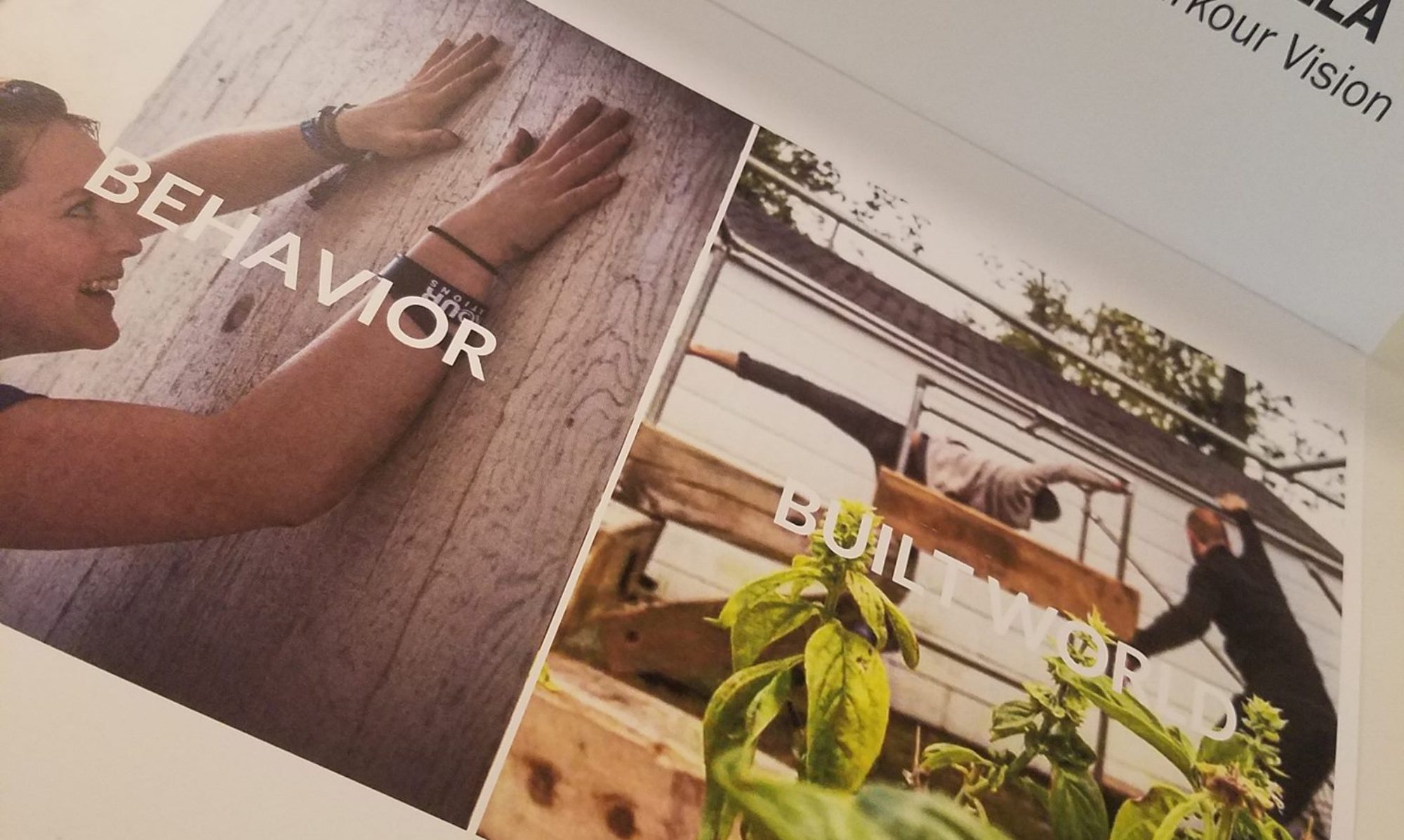Why Move?
On Movement & The Discovery of Authentic Self
Movement & Play is an antidote to most of the personal suffering that human beings experience. On some deep level almost everyone feels insecure, afraid, separated, isolated, and unsure of his or her own authenticity and value.
Unstructured play or movement for the sake of movement is a highly authentic form of self expression. By setting our own challenges and seeking our own solutions we engage in a very deep and personal form of self-empowerment and honest communication. It may take a long time to move without fear of judgement, unknowing preconception, or need for external feedback, but ultimately this process of discovering your movement and creating and exploring your body is one that leads to an truly honest understanding and expression of self.
Through long term movement and in overcoming our challenges we release ourselves from our insecurities. The universal nature of movement as a fundamental human activity helps break down barriers of isolation, for all need and participate in movement on some level.
Movement reaffirms our sense of individuality while welcoming us into a larger global community.
Miscellaneous Thoughts
Physical & Psychological Health
It goes without saying that there are serious psychological benefits to integrating movement into your everyday life. Movement releases chemicals and hormones that positively impact your mental state. It also of course positively impacts your body.
Physical Intelligence.
Movement is a path to physical intelligence: being able to use your body in any scenario effectively. You fine tune the various senses and abilities, from balance to explosive power generation. Your body is like an intelligent machine, and the more frequently you use it, the better you get at handling it.
Upkeep of the Vessel.
Take care of your body; You only receive one body in this life. Your body is kind of like a car. The longer you have it, the more miles you put on it, the more worn out it will become. It is of the utmost importance that you take care of it to the best of your ability, by putting in good fuel, winterizing it correctly, repairing parts as needed.
You only get one body in this life. It is your responsibility to take care of it. Your body is the vessel of your soul; the more healthy the vessel, the better off the soul. We move to keep the vessel healthy, and in turn the soul happy.
Privilege
If you have the use of your body, you have the responsibility to use it. Do not be so frivolous to take advantage of a privilege you have been given. Not everyone has the use of their limbs.
Social Development
Movement, especially in the form of play with others, is an amazing medium through which to explore and develop a social identity. Movement with others will begin to reveal to you your own insecurities and fears, as well as your personal strengths and confidence. Social movement allows you to explore different fantasies, as well as test out various versions of potential interactions. You are allowed, within the safe space of play, to explore who you are.
Joy
I move because it brings me joy. Movement is one of the greatest pleasures, the use of our human bodies. It can be as satisfying as physical intimacy, as pleasurable as difficult mental puzzle, as gratifying as any great pleasure in the world.
Movement is joyous because movement is primal. It is essential to our human nature. To move is to return to that primal nature, to tap into some larger, historical energy that spans time & space. Everyone moves, before and after. Movement is apart of culture, society, our history as human beings.
Movement is joyous because it is mine. No one can take movement away from me. Even if I had to sit still, I move. My spirit moves.
Power
I move because it makes me feel powerful. The task of facing an obstacle, creating a strategy, testing that strategy over a course of time, refining, retesting, and ultimately overcoming (in one way or another)… this kind of mental and physical endurance to achieve a physical goal. I love it. It makes me feel like I can accomplish anything I set my body and mind to.
Movement is one of the most all consuming and providing sources of power. Through movement, I am capable of anything. In Movement I am as capable as the next human being; nothing can hold me back. I don’t need a degree, I don’t need past experience. Everyone comes to the table with everything they need to excel and achieve human greatness: their bodies and their minds.
And you don’t need to necessarily have full or healthful function of either of those things in order to derive the power that comes through play. Again, the truest form of power in movement is the setting and achieving of personal goals, the realization that you are capable!
POWER.
Purpose
One of my favorite quotes from Marcus Aurelius goes as follows:
“In the morning, when you rise unwillingly, remember this thought: I am rising to perform the work of a human being. Why am I dissatisfied if I am going to do the very thing for which I exist? Or have I been made for this; to lie in my bed-clothes and to keep myself warm?”
